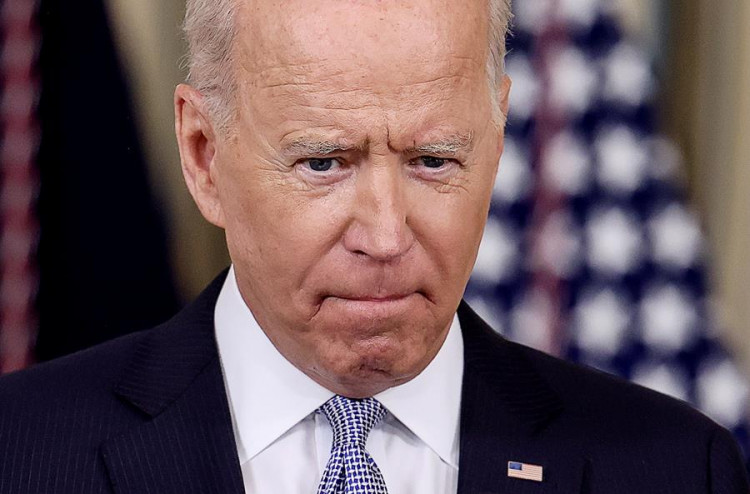The release of a report by special counsel Robert Hur on President Joe Biden's handling of classified documents has ignited a contentious dispute between the White House and the Justice Department, laying bare internal conflicts through a series of previously undisclosed letters.
These correspondences, which were obtained by The New York Times, highlight the friction between the administration's legal team and senior Justice Department officials over critical commentary within the report that scrutinized the president's conduct and memory, despite concluding that prosecution was unwarranted.
In a letter dated February 7, a day prior to the report's public unveiling, Biden's legal representatives reached out to Attorney General Merrick Garland. They voiced their objections to specific segments of Hur's findings, arguing that the special counsel's critique of Biden's actions and recollection of events egregiously breached the department's established policies.
"Mr. Hur's criticism of President Biden mirrors one of the most widely recognized examples in recent history of inappropriate prosecutor criticism of uncharged conduct," Biden's lawyers contended, suggesting that such remarks were unfounded and contravened the norms of the Justice Department.
Responding to these allegations, Bradley Weinsheimer, a high-ranking career lawyer within the department, stood firm in defense of the report's integrity and the methodology employed by Hur. On February 8, Weinsheimer rebutted the claims made by Biden's team, asserting that the contentious language was neither unnecessary nor unfairly prejudicial.
He clarified that the inclusion of such commentary was intended to elucidate the special counsel's rationale regarding Biden's state of mind concerning the possession and retention of classified materials, rather than to disparage the president.
The exchange of letters also touched upon a comparison drawn by Biden's attorneys between Hur's report and the 2016 press conference where then-FBI Director James B. Comey Jr. publicly reprimanded Hillary Clinton's handling of classified information while simultaneously recommending no charges be filed. This parallel aimed to highlight what Biden's legal team perceived as an improper critique of actions for which no charges were brought.
Despite their grievances, Biden's counsel stopped short of demanding the exclusion of specific details from Hur's report or insisting on a revision of its contents. The final report, which ultimately advised against initiating legal proceedings against President Biden, has since become a focal point for Republican critics. They argue that the findings, particularly the questions raised about Biden's memory and decision-making, underscore concerns regarding his fitness for office, especially with the looming prospect of a second term.
The controversy is poised to escalate as Hur prepares for his scheduled public testimony before the House Judiciary Committee on March 12. This appearance, mandated as part of Attorney General Garland's commitment to transparency in appointing Hur to probe the mishandling of classified documents from Biden's tenure as vice president, is anticipated to further stoke the debate over the president's capability to fulfill the duties of his office.






